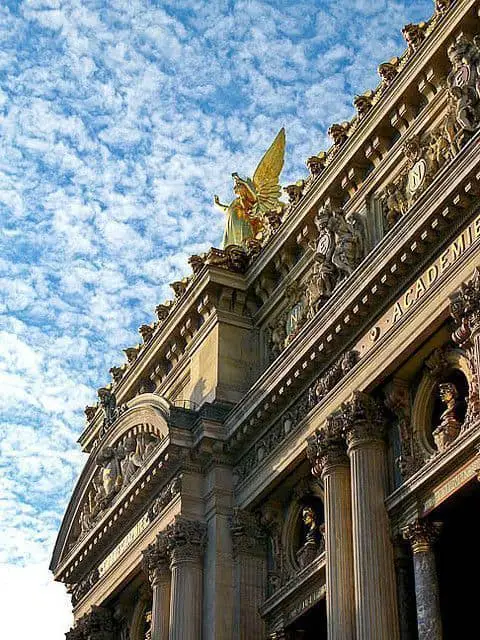
Translation of: “También en 1873 se fundó en Madrid una nueva Asociación para el planteamiento de la Opera Española, (a tan sólo un año de distancia de otra iniciativa similar de Gabriel Balart en Barcelona), cuyos estatutos fueron publicados en la revista barcelonesa, La España Musical y entre cuyos socios se encontraba casi toda la élite musical del momento. 1’”Įmilio Casares Rodico, La música española en el siglo XIX (Oviedo, Spain: Universidad de Oviedo, 1995), 107-108. He makes it clear that Italian opera is not an obstacle, but a model, but adds: ‘That does not mean that we fail to understand that true Spanish opera must be written by Spanish masters and sung in Spanish. will work tirelessly to achieve.’ In a series of articles that will appear in the first issues with the title Opera Española, signed by Guzmán, he meditated on the future and the method of making opera in Spain. The newspaper La Opera Española comes to the stadium of the press to be the organ of a new enterprise that, counting on the moral cooperation of all lovers of our patriotic glories. In April 1874, Zubiaurre's Fernando el Emplazado was premiered at the Teatro Real and the controversy was rekindled, creating in 1875 the magazine La Opera Española, whose ‘Nuestro propósito’ stated: ‘The time has come for Spanish opera not to be a myth or a pretext for meetings and discussions of charlatans and pretentious people, who far, very far from promoting the idea, making light and propaganda in favor of such a patriotic and raised thought, made of this an unworthy means of subsistence imploring public charity. “Also in 1873 a new Association for the approach of the Spanish Opera was founded in Madrid (only a year after another similar initiative of Gabriel Balart in Barcelona), whose statutes were published in the Barcelona magazine La España Musical and whose members included almost all the musical elite of the time. Periodicity: Weekly after September 27, 1876


RIPM Preservation Series: European and North American Music Periodicals (2013) Editor: Claudio Coello

On Creating Complete Runs of Periodicals.


 0 kommentar(er)
0 kommentar(er)
